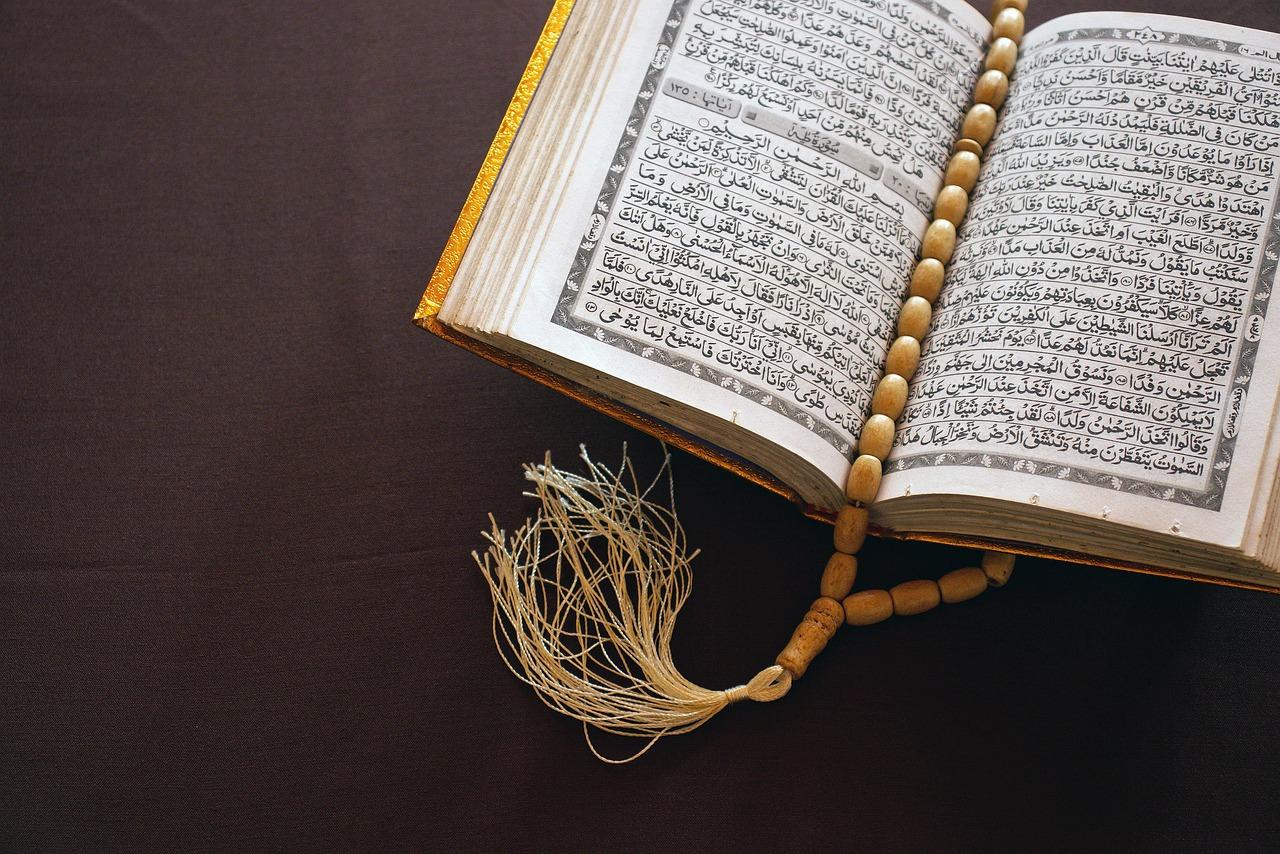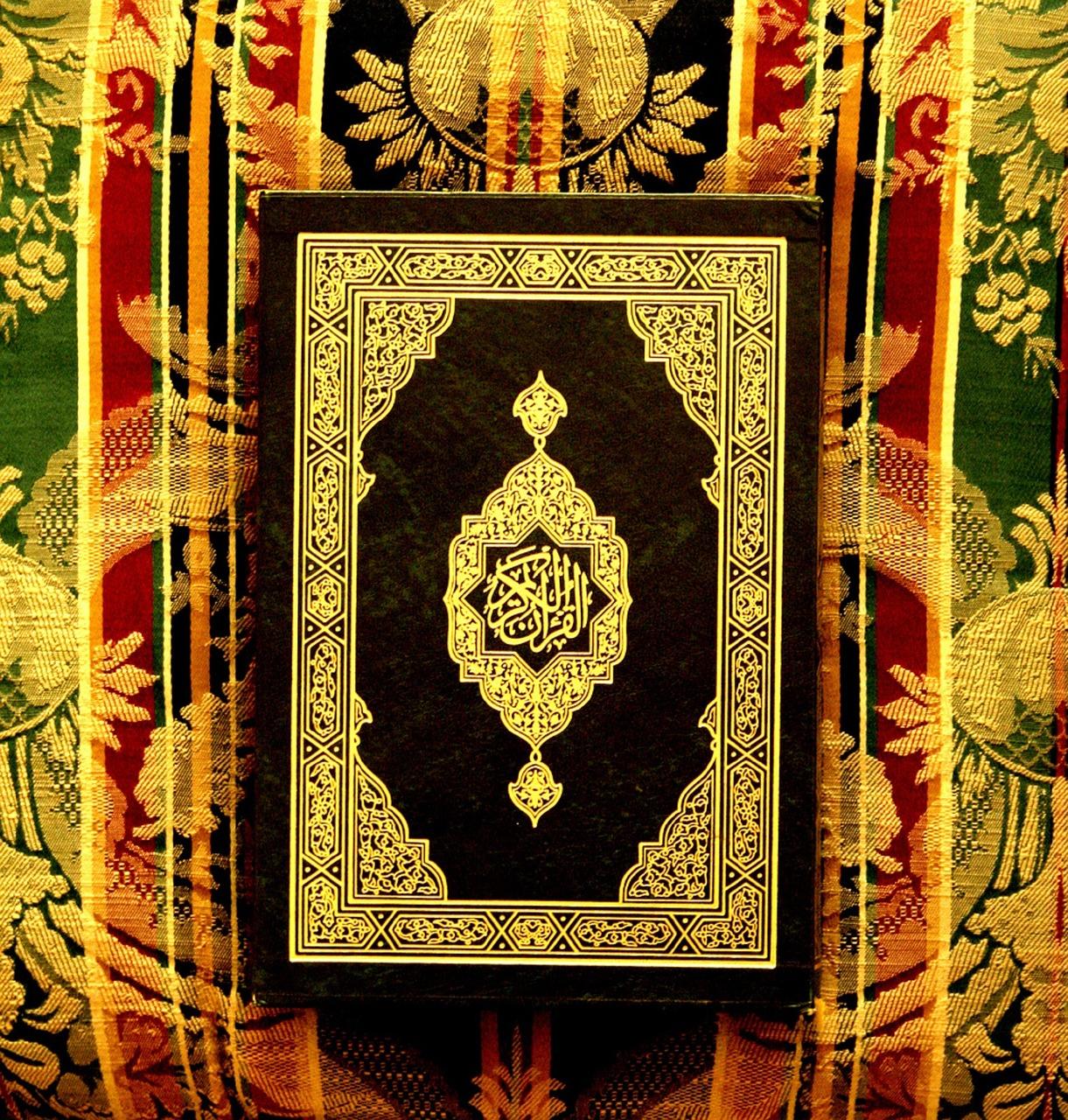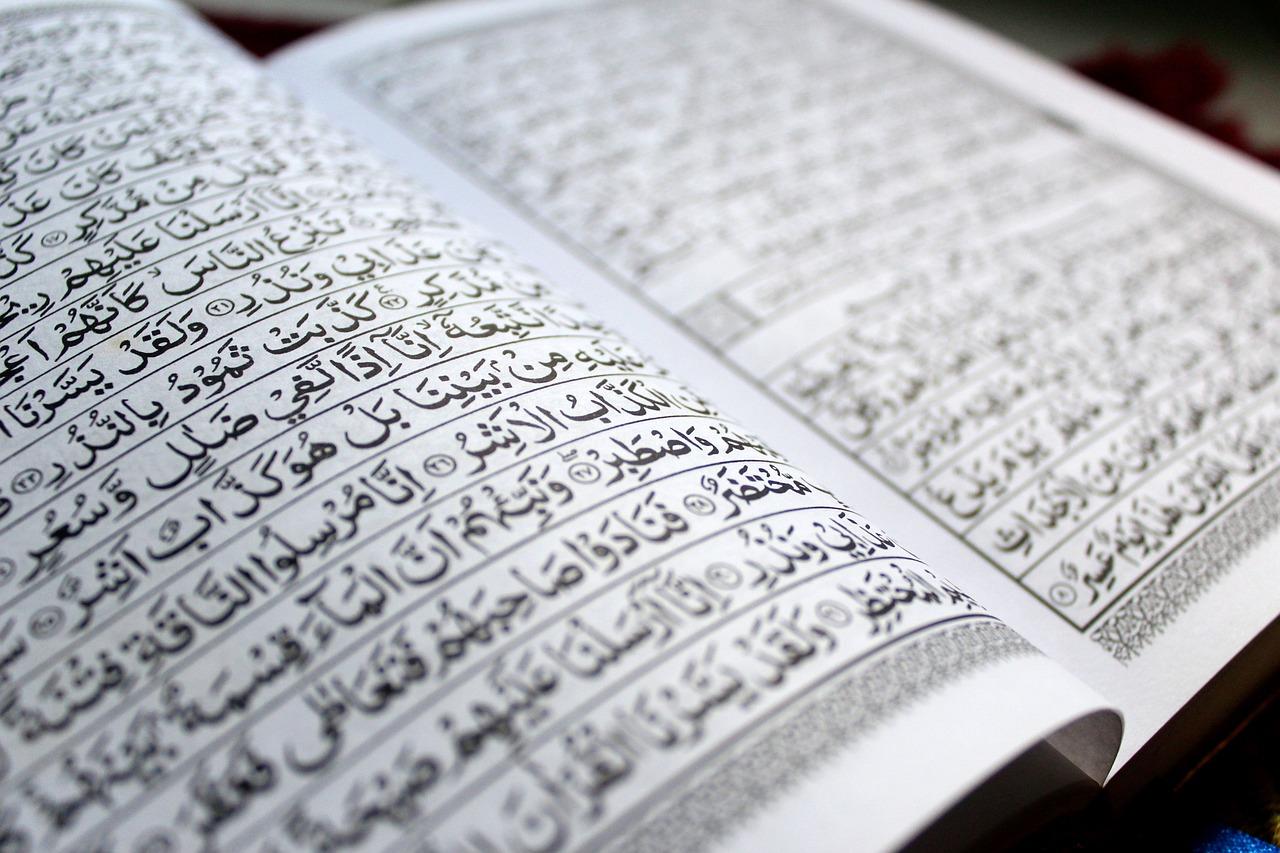
24 May, 2025
When studying Arabic phonetics or Tajweed (Quranic recitation), one often encounters hamzatul wasl—a fascinating and essential part of proper pronunciation and understanding. This type of hamza plays a vital role in both classical Arabic and Quranic Arabic, and mastering its use can greatly enhance both reading and comprehension.
In this article, we'll explain what hamzatul wasl is, explore its grammatical rules, and provide examples of hamzatul wasl in Quran to help reinforce your understanding. Along the way, we'll also reference Arabic words with hamza to clarify distinctions and support your learning process.
Hamzatul wasl (همزة الوصل), sometimes called the "connecting hamza," is a type of hamza that appears only at the beginning of a word and is pronounced only when starting from that word. However, if the word is preceded by another word in continuous speech (connected reading), hamzatul wasl is not pronounced, and the sound starts directly with the next letter.
For example, in the word "ٱسْمُهُ" (ismuhu, meaning "his name"), the initial alif carries a hamzatul wasl. If read in isolation, the word begins with an audible hamza: "Ismuhu". However, if preceded by another word, such as in "وَٱسْمُهُ", the hamza is dropped, and the reader smoothly connects the "waw" to the "seen."
This is different from hamzatul qat‘ (همزة القطع), which is always pronounced, regardless of its position or what precedes it. Knowing the difference between the two is critical for proper recitation and understanding of Arabic words with hamza.
In short:
-
Hamzatul wasl = Connecting hamza, not always pronounced.
-
Hamzatul qat‘ = Cutting hamza, always pronounced.

Learning the hamzatul wasl rules can help you read the Quran fluently and improve your Arabic grammar and phonetics.
1. Where It Appears
Hamzatul wasl typically appears in specific types of words:
-
The definite article "ال" (al-): e.g., ٱلْكِتَاب (al-kitab)
-
Imperative verbs derived from triliteral roots: e.g., ٱكْتُبْ (write!)
-
Past-tense verbs (form VII-X): e.g., ٱسْتَغْفَرَ (he asked for forgiveness)
-
Nouns that begin with "i" due to grammatical structure: e.g., ٱسْم (name), ٱبْن (son)
Each of these examples begins with hamzatul wasl, and the pronunciation changes depending on whether you're starting from it or connecting from a previous word.
2. How to Pronounce It
The vowel sound used with hamzatul wasl when starting a sentence is determined by a rule known as the "Wasl vowel rule." Generally:
-
In verbs, look at the third letter in the past tense:
-
If it's a dammah, you begin the verb with a dhammah.
-
If it's a kasrah, you begin with a kasrah.
-
If it's a fatha, you begin with a kasrah.
-
-
In nouns, it's always pronounced with a kasrah: e.g., "Ism"
-
In the definite article (ال), the vowel is a fatha: "Al-kitab"
This rule is part of the broader set of hamzatul wasl rules that students of Tajweed and Arabic grammar must master to read correctly.
We can help you learn Quran Tajweed in an easy way.
Let’s explore several examples of hamzatul wasl in Quran and everyday Arabic to see how it's applied in context.
Quranic Examples
-
ٱهْدِنَا الصِّرَاطَ الْمُسْتَقِيمَ – "Guide us to the Straight Path" (Surah Al-Fatiha, 1:6)
-
The verb ٱهْدِنَا (ihdina) starts with hamzatul wasl.
-
-
ٱلْحَمْدُ لِلَّهِ رَبِّ ٱلْعَٰلَمِينَ – "All praise is due to Allah, Lord of the worlds." (Surah Al-Fatiha, 1:2)
-
The "ال" in ٱلْحَمْدُ and ٱلْعَٰلَمِينَ both begin with hamzatul wasl.
-
-
وَٱسْتَغْفِرُوا۟ رَبَّكُمْ – "And seek forgiveness from your Lord." (Surah Hud, 11:3)
-
The verb ٱسْتَغْفِرُوا۟ starts with hamzatul wasl, but it is dropped in connected reading.
-
Everyday Arabic Examples
-
ٱسْم (Ism) – name
-
ٱبْن (Ibn) – son
-
ٱقْرَأ (Iqra) – read
-
ٱنطَلِق (Intaliq) – go ahead
These examples showcase the frequency of Arabic words with hamza, particularly hamzatul wasl, and how proper pronunciation varies with context.
Understanding the hamzatul wasl rules can be tricky for non-native speakers or beginner Quran reciters. Here are common errors to avoid:
-
Pronouncing it always: Many learners treat hamzatul wasl like hamzatul qat‘, not knowing it drops in continuous reading.
-
Incorrect vowel use: Misapplying the starting vowel (kasrah, fatha, dhammah) can lead to mispronunciation and changes in meaning.
-
Overlooking grammatical form: Not identifying whether a word is a noun, verb, or contains the definite article can lead to reading errors.
To avoid these pitfalls, it's essential to memorize common examples of hamzatul wasl in Quran, review grammar patterns, and practice under a qualified instructor.
Contact us on WhatsApp and learn about the lessons we offer to our students at Itqan Academy.
Understanding and applying hamzatul wasl rules correctly is critical for:
-
Fluent Quran recitation
-
Proper Arabic pronunciation
-
Avoiding major mistakes (lahn) in Tajweed
-
Grammatical accuracy in reading classical texts
It is a key feature of Quranic Arabic and reflects the beauty and depth of the language. Mastering hamzatul wasl opens the door to more accurate and spiritual Quran recitation and better communication in Arabic.

-
Use Mushaf with Tajweed color codes: These help identify hamzatul wasl quickly.
-
Recite with a teacher: They will correct errors in real-time and explain the rules.
-
Break down the root of verbs: This helps in determining the vowel rule.
-
Listen to expert reciters: Pay attention to when the hamza is dropped or pronounced.
-
Practice transitions: Try reading words both in isolation and connected to previous words.
Through these methods, you’ll become more confident in applying hamzatul wasl in reading and speech.
Q1: Is hamzatul wasl written the same as hamzatul qat‘ in Arabic script?
Yes, both are written as a small "alif," but hamzatul wasl often has a small ṣād-shaped symbol (صـ) over it in the Quran to indicate that it’s dropped in connected reading.
Q2: Can I always drop hamzatul wasl when speaking Arabic?
Only in connected reading or speech. If you start directly from a word with hamzatul wasl, you must pronounce it with the correct vowel.
Q3: Is hamzatul wasl always found at the beginning of a word?
Yes. It only appears at the start of a word and is not used in the middle or end of words.
Q4: Is hamzatul wasl important in everyday Arabic or just in Quran?
It's crucial in both. Many Arabic words with hamza use hamzatul wasl, especially common verbs and nouns. Proper pronunciation reflects fluency and correctness.

